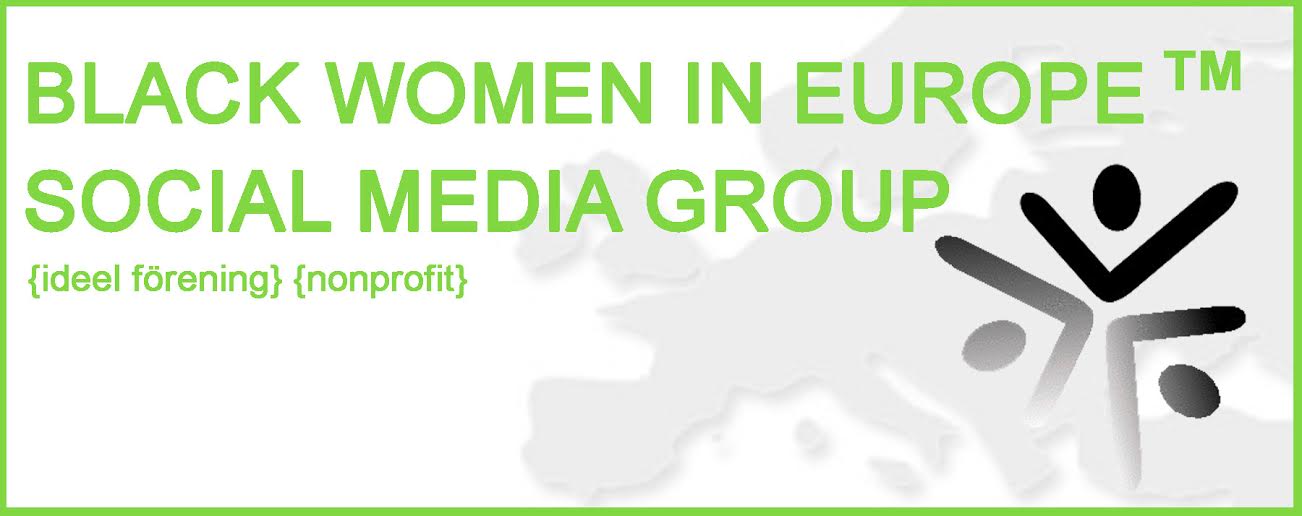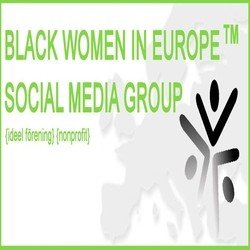The Multicultural Centre is a municipal foundation that is engaged in research, education and cultural activities. The ambitions and goals of the center is to study and promote a society where diversity is reflected in Sweden?s national self-image and where migration is a natural part of the Swedish cultural heritage.
We welcome visitors to our exhibitions, special library, cultural educational workshop for children and caf? and restaurant called ?Tavernan?. The Multicultural Centre also has a publishing house.
Our research profile is multidisciplinary with an emphasis on an ethnographic approach. Our aim is to be a forum and a meeting place for research and artistic expressions focusing on migration as well as on social and cultural diversities of various kinds.
We develop and disseminate knowledge about social and cultural factors that facilitate the creation of a sustainable society.
The Multicultural Centre?s exhibitions offer a forum that enables people from different backgrounds and to meet, exchange ideas in open and inclusive climate. We use various forms of artistic expressions, weather its within art, culture or science; the goal is to enable our visitors to touch on topics in our daily life from different aspects.
Our programs and activities are held in partnership with other, for example associations, networks and NGOs. Our open programs and events are usually on Thursday evenings or Sundays.
Exhibitions at the Multicultural Centre aims to explore the different realities in Sweden and the Swedish self-image and identity.
Multicultural Centre through a historical glance
The Multicultural Centre is a foundation located in and owned by the municipality of Botkyrka (located in the southern part of Stockholm County) which was founded in 1987. The decision was based on a cultural and historical commitment and conviction that contemporary immigration to Sweden is equally as important as the historical emigration from Sweden. The desire is to actively promote a favorable social climate and to increase the knowledge about the new conditions for Swedish society and Swedish institutions that follow in the wake of migration and globalization in the form of research, documentation and exhibits and archives. Botkyrka can in this regard be compared to a seismograph which detects changes in a society that subsequently becomes relevant later on on a national level. The issue of cultural diversity, which in the 1980?s was relatively centered to Botkyrka and other metropolitan areas, is today issues relating to the whole of Sweden.
The Multicultural Centre?s basic subsidies come from the municipality of Botkyrka, the Stockholm County Council (Culture and Education) and the Swedish Arts Council. Our own revenues come from education and research, property rentals for conferences, our museum shop, our caf? and restaurant operations and our publishing house. In addition there is an educational and research unit and there are collaborative projects with for example Botkyrkabyggen, ?Omr?desgruppen? in Fittja, the Nordic Museum, the Historical Museum and S?dert?rn University.
Fittja 147 85


